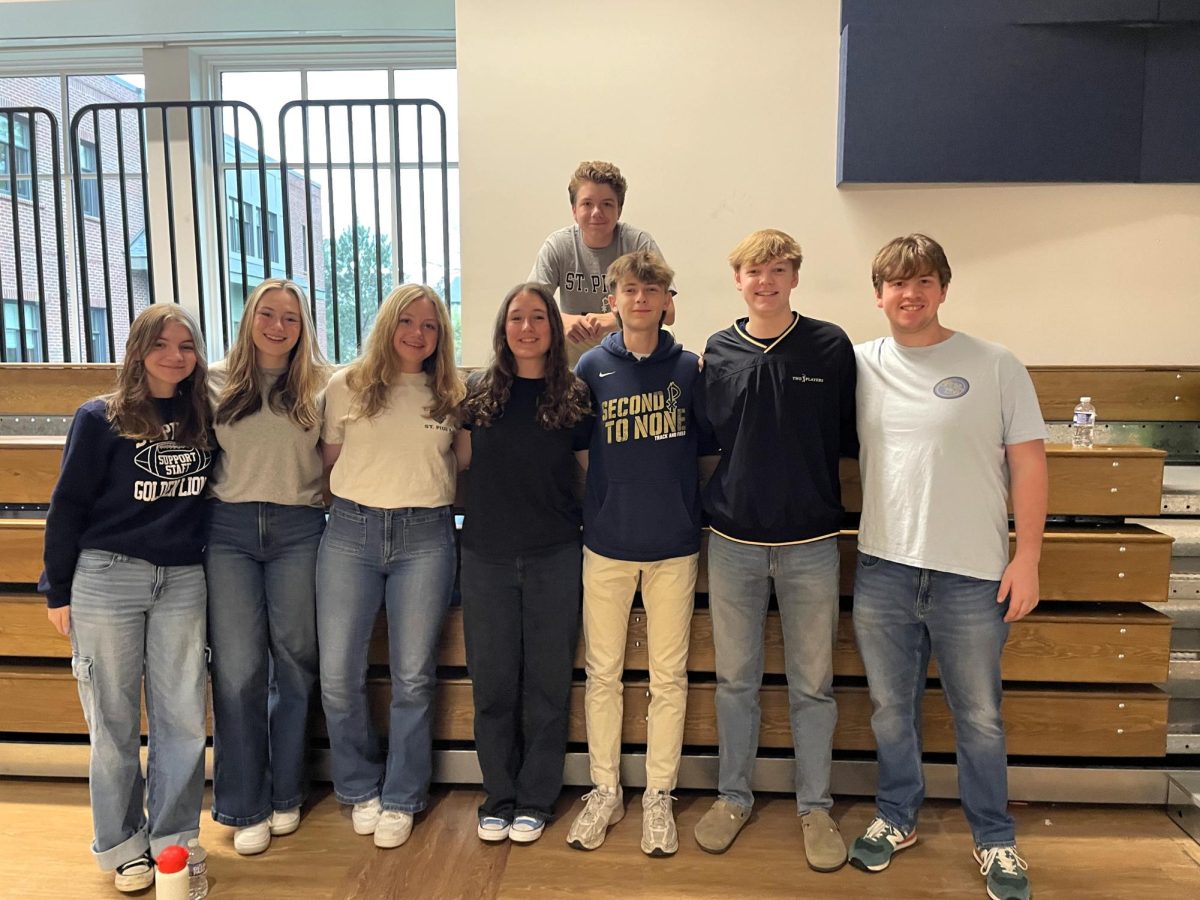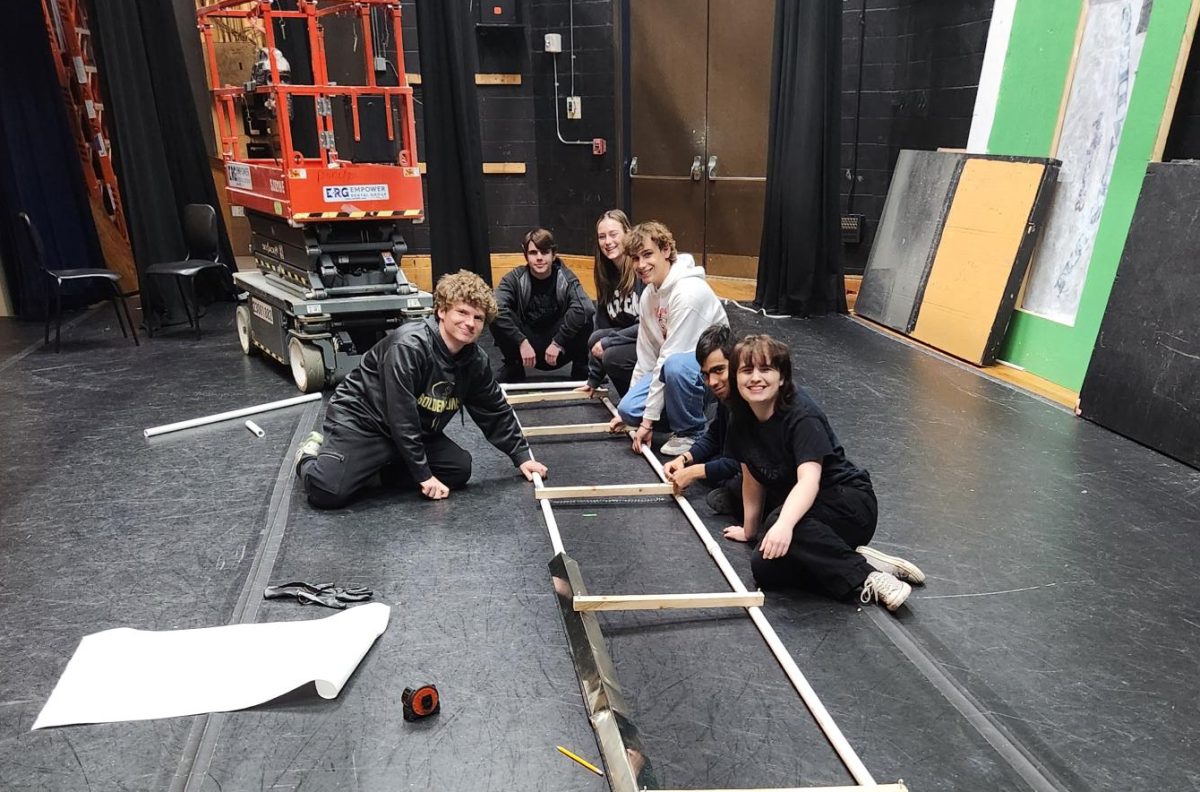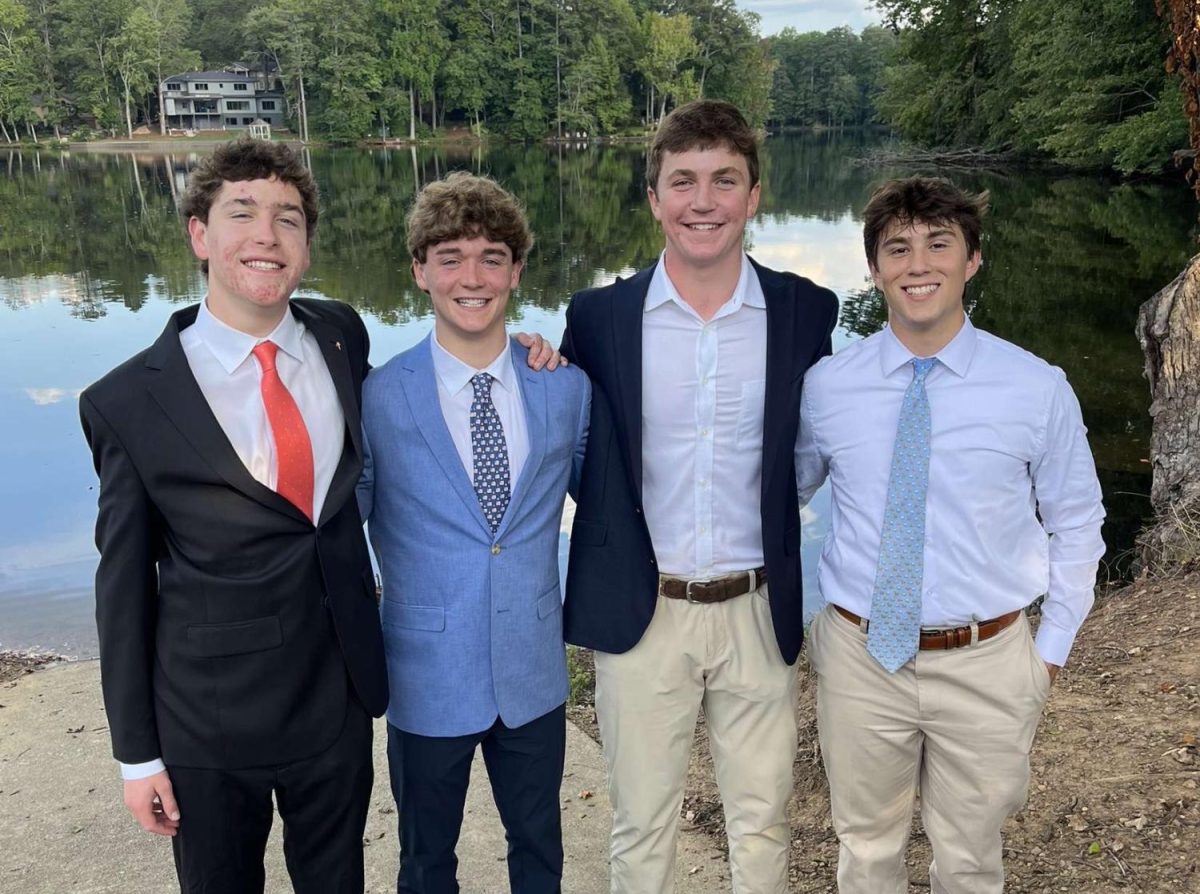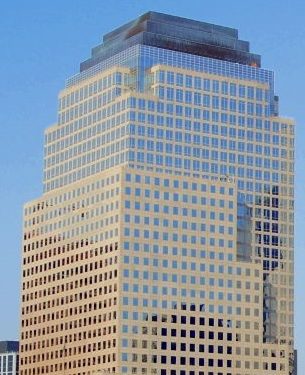According to the Olympics website, they are “the world’s only truly global, multi-sport celebratory athletics competition.” But did you know that the Olympics once had both artistic and athletic events?
The father of the modern Olympics, Barton Pierre de Coubertin, dreamed of wanting to improve French education. He was inspired by the British education system, which emphasized sports education. After reforming the French education system, he moved on to another project, the reestablishment of the Olympics. Coubertin believed in the Greek motto “mens sana in corpore sano,” which means “a healthy mind in a healthy body.’ Coubertin wanted to have an Olympics that focused on both the mind and body.
In 1912, when the fifth modern Olympics took place in Stockholm, Sweden, Coubertin decided to introduce five new art events in the Olympics: painting, sculpture, architecture, literature, and music. The International Olympic Committee created smaller events within them, including poetry, drama, and sculptures.
To enter the art event in the Olympics, all the art had to be sport-related. Coubertin participated in the literature competition under the names Georg Hohrod and Martin Eschbach. He wrote the poem “Ode au Sport,” the first poem to win a gold medal.
The events were canceled in 1948 due to the lack of artisans connecting to the sport world. The International Olympic Committee also felt that the events gave free promotion for artists, and they declared it to be unfair.
Some athletes were against the arts being in the Olympics. For example, American Avery Brundage was a track and field Olympic athlete who entered the literature category but didn’t win. Afterward, Brundage held a campaign against the art events after the 1948 Olympics.
While the arts were in the Olympics, Germany, Italy, and France won the most awards in the art category overall, and the United States won nine times. Coubertin’s dream of arts in the Olympics was a short-lived dream but shows the flexibility of the International Games to introduce new events every four years. The most recent being… Breaking.






